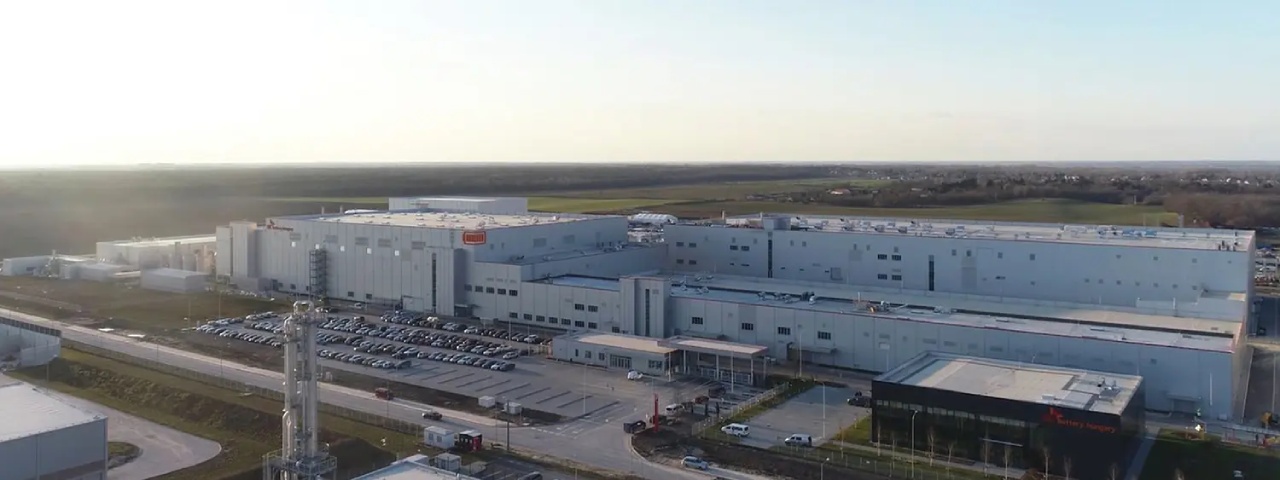Will Hungary become the next major battery producer?

Though the Ukrainian–Russian war has brought many Eastern European economies into a difficult position, experts are optimistic about the fate of the Hungarian economy. As Világgazdaság writes, there is reason to be hopeful about the future, and here is why.
One of the big problems the economy is facing right now is the unpredictable supply chain. Like many European countries, Hungary relies quite a bit on Ukrainian commodities in terms of agriculture and industry. But once this general uncertainty in the global economy ceases, we can look forward to a very bright economic future, according to recent investments on the market.
Many large-scale corporate developments were launched in the country since the beginning of 2020, and these developments can bring Hungary’s export performance up by about HUF 13–22,000 billion annually. These numbers take up to 27–45% of the current annual exports of goods.
One of the main areas of investment is electromobility. The South Korean-owned SK Innovation, known to be partnered with Samsung, is building its largest European battery factory here in Hungary, which is promised to be completed by 2025. Experts say that SK Innovations and other South Korean developments could make Hungary at least the third-biggest battery exporter in Europe.

According to government officials, however, the real goal is the second place: László Palkovics, Minister of Innovation, claimed at a conference last October that Hungary aims to be the second biggest after Germany when it comes to batteries, napi.hu writes.
And while this is all great news, the Hungarian Convergence Program warns that because of the overall political tension in the area, “there is a risk that, during a more uncertain outlook and supply chain disruption, some projects may take longer than planned to implement and that temporarily fewer investment decisions will be made in the short term”.
While it is hard to provide a year-round outlook on what these changes could truly mean for the investments and the Hungarian economy, due to the multiplicity of risks, growth is expected to be 5-6% in the medium term. There are upward indicators as well as downward ones, but even this 5-6% growth could provide some much-needed stability to the economy.
More importantly, these investments and developments can bring Hungary 13-18 percentage points of GDP surplus, which would only add to the seemingly brightening future of the economy.
Read also:
Source: napi.hu, vg.hu








Tut tut. “Hungary to become the next great battery producer” does not make sense. ‘Will Hungary become the next major battery producer?’ Next, “Though the Ukrainian–Russian war had” – the war is a singular, so it should be ‘has’ not ‘had’. Next, “large-scale corporate developments launched” should read ‘were launched’………
Re has v had, I accidentally omitted to say that it is singular and present tense. The war has not ended therefore a past tense is not correct, the situation is ongoing. While I am at it, “South Korean developments can make Hungary” should be ‘could’ not ‘can’ because it is a future prospect. “through agricultural and industrial means.” is also incorrect but let’s see if you can work that one out for yourselves – the clue is the word ‘means’ in that context. Not a well written article, despite the good intentions behind it.
Dear Lexicon, thank you again for your constructive feedback.
I bought some batteries the other day. They were not ‘great’. But then what business would advertise the fact that their batteries are not ‘great’.